(ThyBlackMan.com) The first evening we held a Political Education class and after that the Central Committee was supposed to meet at Fred’s. After the Central Staff meeting, which ended early, there wasn’t enough room for everybody to stay there, and a member dropped me off. It must have been about two-thirty.
Between four and five that morning I got a call from a member who had gotten a call from a woman who lived down the street. They said there was a shoot-out at Fred’s house and the cops had cordoned off the streets. So I had somebody come by and pick me up, and went over to the woman’s house.
Her apartment was in the basement. We stayed there, listening to the radio. I guess it must have been about six, six-thirty. And they – they had said, you know, that there was a shoot-out – but they said Fred Hampton had been killed. He had been taken to the Cook County Hospital. I don’t know what other persons they had announced. I don’t know if they announced anybody, but they said Fred Hampton was killed. That’s how we found out about it. On the radio.
It was very…I mean it was something where you…I mean I broke down and cried.
I guess the next thing I remember was that I hoped Fred took someone with him. They didn’t say, but I knew that Fred was…that taking someone with him was what Fred was gonna be about.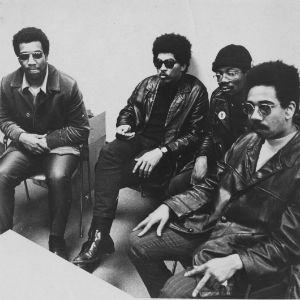
I guess maybe we stayed down there till eight, eight-thirty, nine o’ clock. I’m not sure what all was going on. It’s almost a real blank in terms of what was happening. People calling in, us calling folks, things like that. I remember Eldridge. He called fro Algiers. Tried to tell us how to deal with the situation. Something to do with retaliation and that kind of thing. What was he doing calling from Algiers, some villa in Algiers, telling us how to deal with something here in Chicago?
Not so say retaliation wasn’t on our mind. We were gonna retaliate. I had given some specific directions about what should have happened and where it should happen. But certain things didn’t get carried out. In retrospect it was good that revenge didn’t happen militarily, but politically. The political development and consciousness of the people of Chicago would never have occurred, the whole thing would have been blurred and obliterated, had we gone out and killed some policemen.
We went over to the house and saw the bullet holes. Then we dealt with the attorneys, dealt with the media, dealt with trying to find out whether or not somebody else had been killed, trying to find out what had really happened. It was then that we found out another member, Mark Clark, the defense captain of the Peoria branch, had also been killed.
I remember going to the morgue…you know, identifying Fred’s body.
They didn’t cordon off the apartment. So we had people walk through the apartment. Twenty-five thousand people came through that apartment to see what was going on. That was the biggest thing in terms of making sure that our version of the story was at least heard and also accepted.
The next thing was this guy who used to be a producer of the NBC midday news. He invited me and another Party member and Hanrahan, the state’s attorney, to be on his show. Hanrahan refused. We went on the station and told him that Fred had been murdered. That’s how the word really began to get out that Fred had been murdered. One reporter, named Phil Walters, took the side of the Panthers. He called it murder. He almost got fired. But then a couple of days after, the Tribune came out with this big article questioning who did it, who shot, how many bullets were fired, and was it a really shoot-out, or was it murder, just cold-blooded murder?
(Interview with Bobby Rush)
Staff Writer; Dr. James Thomas Jones III
Official website; http://www.ManhoodRaceCulture.com
One may also connect with this brother via Twitter; DrJamestJones.
















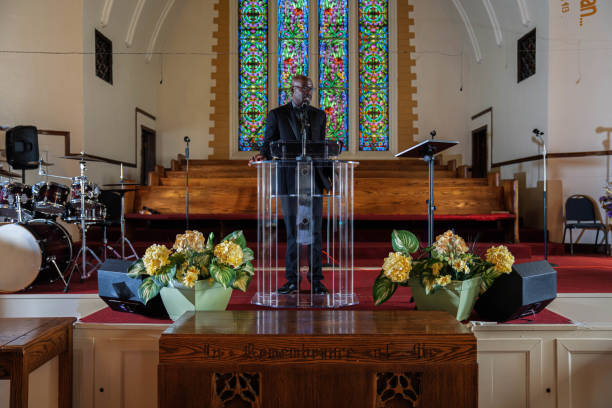
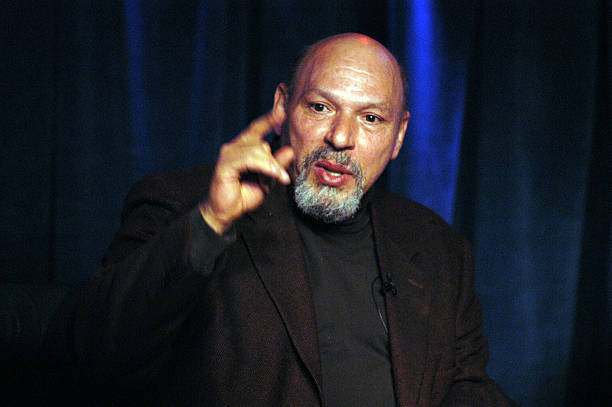
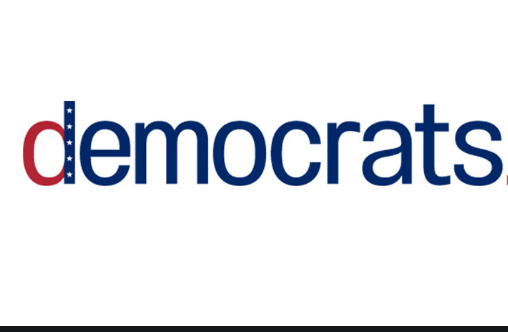
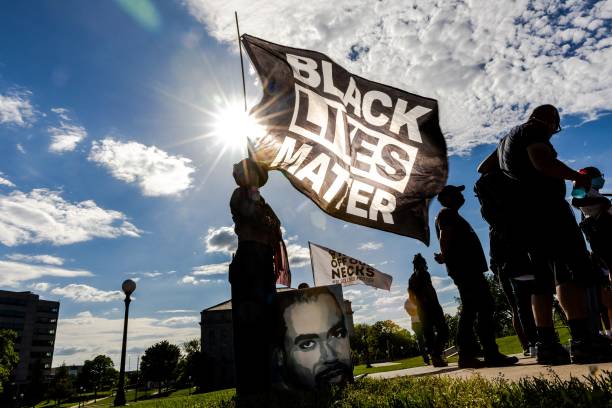
Thank you Dr. Jones for these insights.